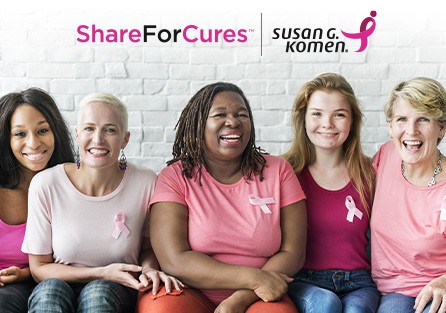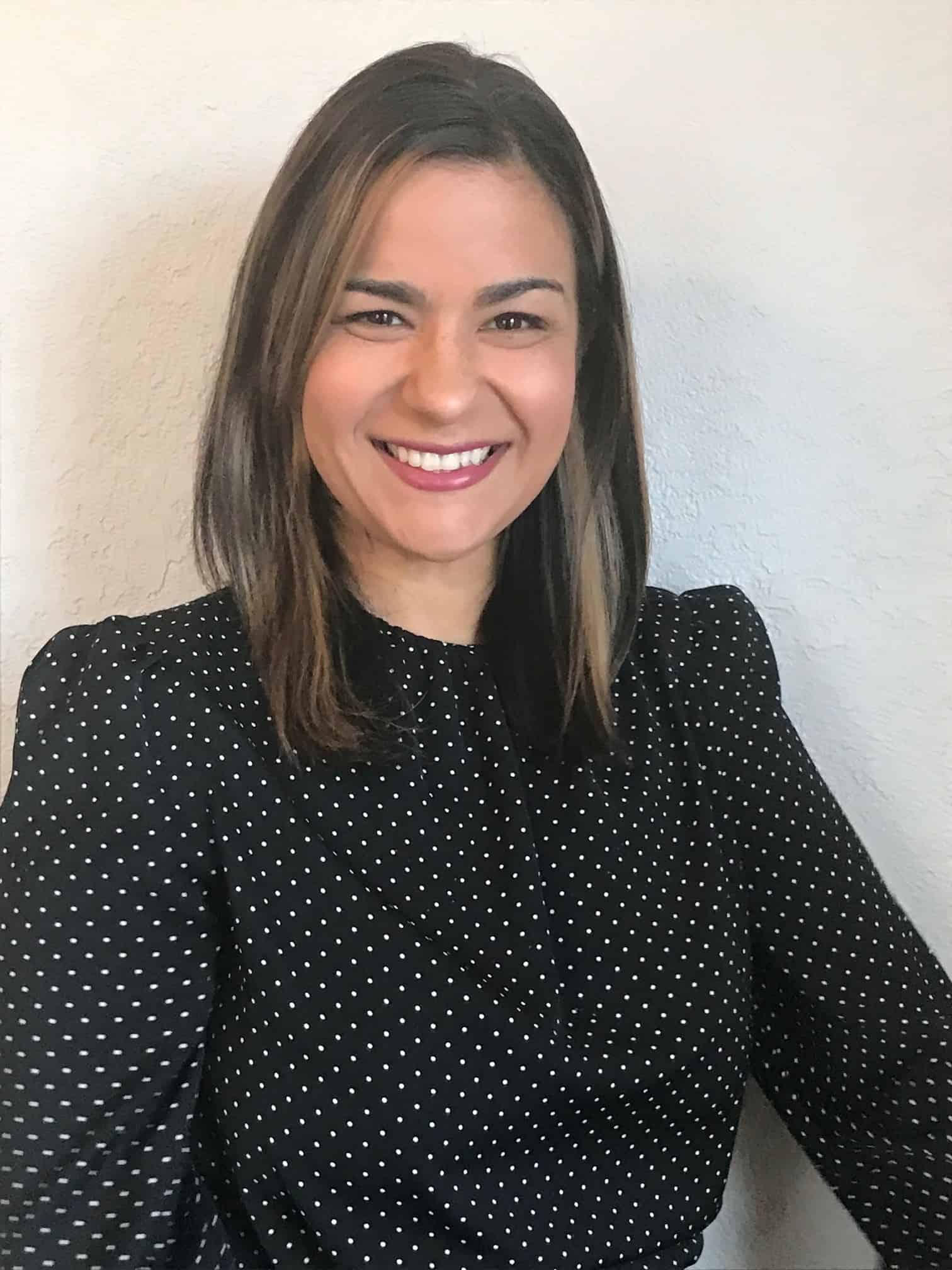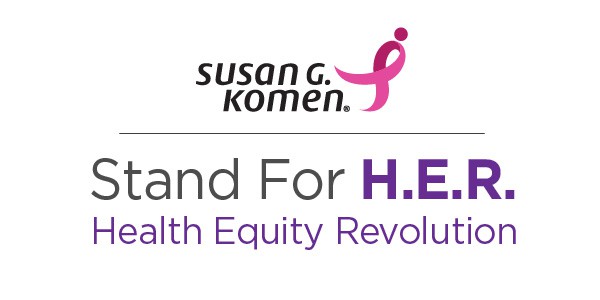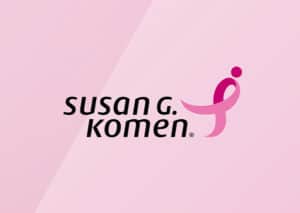Central Texas (Austin, San Antonio, Waco)
Our mission is to save lives by meeting the most critical needs of our communities and investing in breakthrough research to prevent and cure breast cancer.
Central Texas (Austin, San Antonio, Waco)
Our mission is to save lives by meeting the most critical needs of our communities and investing in breakthrough research to prevent and cure breast cancer.
Need Help?
Call our breast care helpline to assist with finding local screening and diagnostic facilities or clinical research trials, requesting financial assistance, or other questions or care needs.
Get Involved
Help us reach our vision of a world without breast cancer by getting involved in our local community.

Congratulations to the 2024 Central Texas Pink Tie Guys!
Congratulations to our 2024 Central Texas Pink Tie Guy winner, Amado DeHoyos! Central Pink Tie Guys broke records this year and we are so grateful to count on their support. Pink Tie Guys are ambassadors and advocates who make a difference for breast cancer patients everywhere and help ensure Komen can meet our communities’ most critical needs. We’re already recruiting new guys for 2025.
Contact us to be a 2025 Pink Tie Guy!
Go Pink for the Cure
We’re excited to announce Komen’s latest fundraising program: Go Pink for the Cure. This program focuses on the next generation of passionate, grassroots advocates for the cause: students!
Learn More
Are You a Young Professional Looking to End Breast Cancer?
2024 is the year to connect with likeminded young professionals in support of Komen’s mission! The Komen Austin Young Professionals Council (YPC) is recruiting new members and we invite you to join us. We need you to help us expand our reach and impact and invite to you to learn more about Komen Austin YPC, our work, and how you can apply to join.
I want to get involved!Local Events
Join the fight to end breast cancer by attending an event in Central Texas (Austin, San Antonio, Waco)!
Questions? Contact Us

ShareForCures
Your breast cancer information is as unique as you are. When combined with thousands of other ShareForCures members, you provide scientists with a more diverse set of data to make new discoveries, faster.
Latest News & Information
Ellen’s Story: The Power in a Choice
"Of all times to proactively share your data, this is the time to do it," remarked Ellen Goodwin when she spoke on her choice to participate in Komen’s ShareForCures breast cancer registry.
The post Ellen’s Story: The Power in a Choice appeared first on Susan G. Komen®.
Susan G. Komen® Peoria MORE THAN PINK Walk Raises Funds for Breast Cancer Patient Care Services in Illinois
Susan G. Komen®, the world’s leading breast cancer organization, will hold the Susan G. Komen Peoria MORE THAN PINK Walk on Saturday, May 11, 2024, at Metro Centre. This signature event enables Komen to raise critical funds that provide direct support to breast cancer patients, fund groundbreaking research, empower health equity initiatives nationwide, and advocate […]
The post Susan G. Komen® Peoria MORE THAN PINK Walk Raises Funds for Breast Cancer Patient Care Services in Illinois appeared first on Susan G. Komen®.
Central Texas (Austin, San Antonio, Waco)
Contact Us
Susan G. Komen Central Texas (Austin, San Antonio, Waco)

Executive Director, Central TX: Monique Stensrud
Email: mstensrud@komen.org
Phone: 737-484-9656



